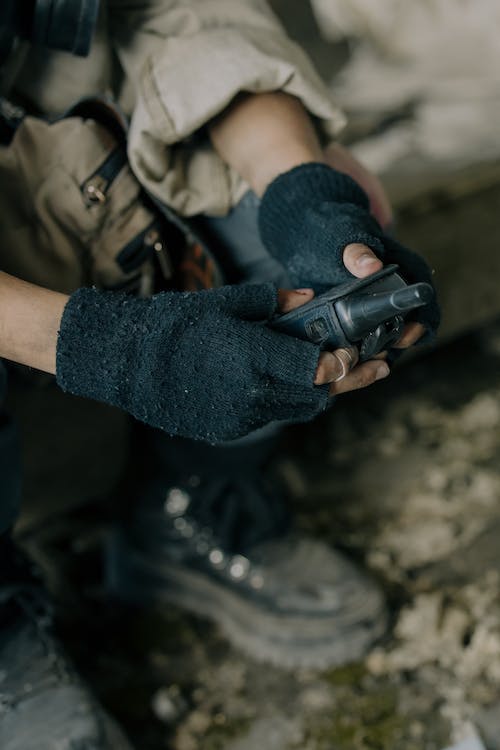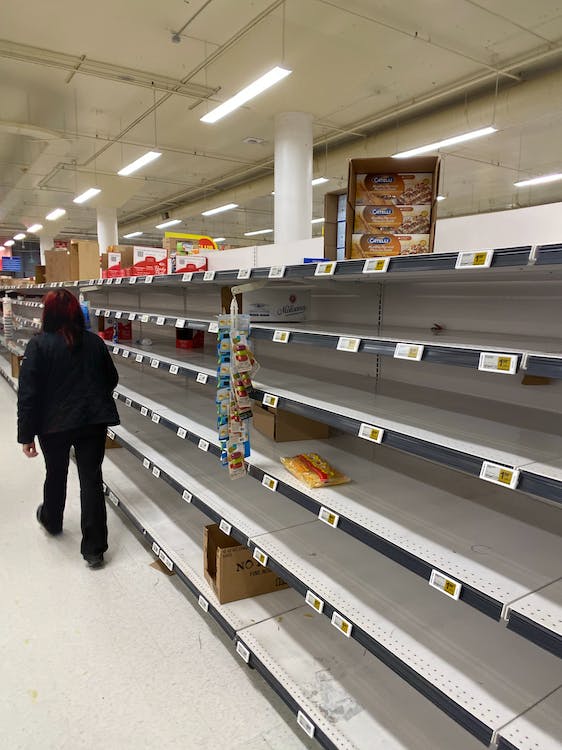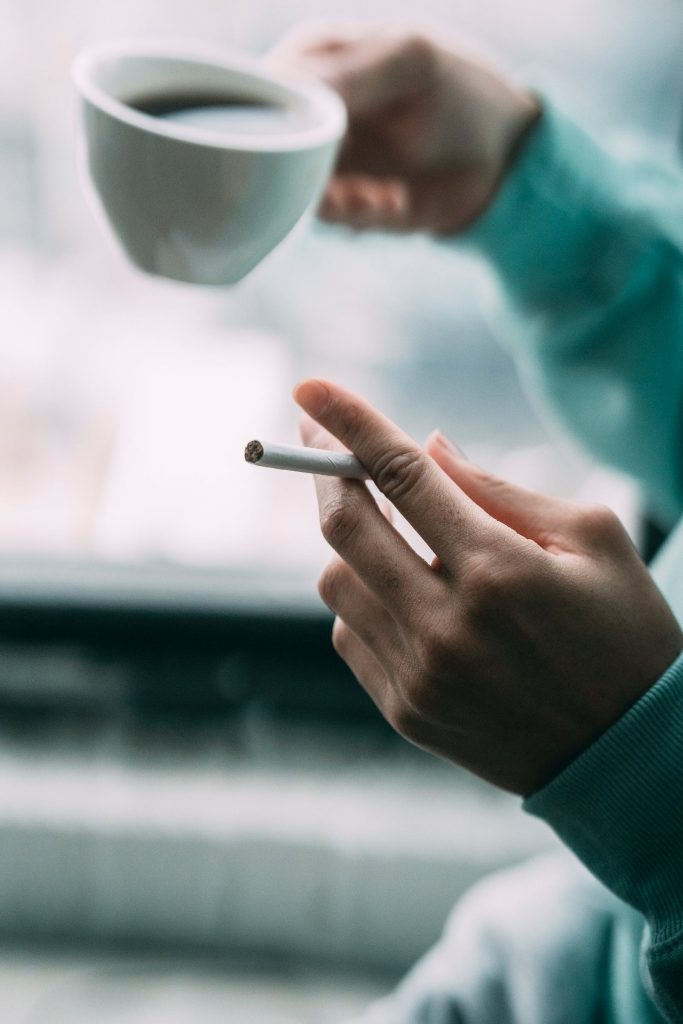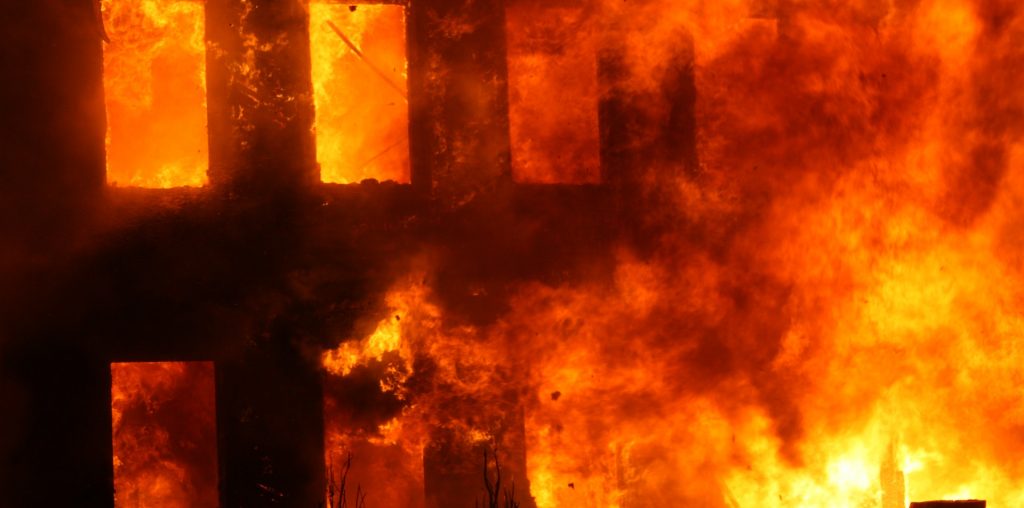The acronym SHTF stands for Stuff (or whatever other S word you’d like to use instead) Hit The Fan. In the preparedness and survivalist communities it refers to a catastrophic failure in life support systems like electricity, water treatment, the ability of stores to have their stocks replenished, etc. commonly referred to as “The Grid.” When we say it is “grid down” we are referring to more than just the electricity grid. SHTF occurs when most or all of these services remain unavailable long enough that, if you had not prepared, you would jeopardize your very survival. Let’s face it, the unexpected happens. More often than not it’s a short storm to be easily weathered, but finding comfort during a temporary inconvenience is not what this article is about.
I imagine that for a few hours to a few days after it is already too late things might seem pretty normal. The lights turn on when you flip the switch, the water flows when you turn the knob on the faucet, and the broadcasters on the news still smile. The grocery store will seem no more crowded and no less stocked than normal either, after all the trucks are still making their 1-4 day trip across the country to replenish them. Reality is though, that it’s too late. So how do you know when to get out or shelter in place before panic ensues?

Stay informed. Subscribe to numerous news feeds from local, regional, national, and international sources. Make it a morning habit to check the headlines. How you receive warning and how far ahead you receive it will be dependent on the SHTF situation that you personally are foreseeing. If it is an economic collapse, you will likely be monitoring the market, and reading or watching financial news regularly. If you are prepping for a natural disaster, such as a bushfire or tornado, then you will be watching the news, and looking for physical signs such as smoke or dark greenish clouds, or perhaps you get warning from a friend. However you get notice of impending disaster, you are going to want to stock up on everything you think you might need in a short term or even TEOTWAWKI event (The End Of The World As We Know It) long before it occurs on the chance that some items are in short supply.
Below are things that 4SHTF thinks will be cleared off store shelves in the first 24 hours after the public has become aware of imminent catastrophe.
Human beings need water; It’s two thirds of our body weight on average. In a SHTF event people will most likely grab this item first. They will also grab ice in an attempt to keep perishable food cold if the power has been interrupted. Expect to not be able to find water containers or filters either. You can only survive about 3 days without water so if you didn’t stockpile this, or you don’t have an independent source of water, your chances are very slim. On average you can get by with a gallon of water per person per day, however, if one of those people is sick or nursing, or if you are in a warmer climate or exerting yourself your water needs WILL increase. We recommend at least a month worth of bottled water which can be purchased periodically and rotated through. If you are storing water for beyond a month, use food safe containers and clean before filling. Add 1 drop per liter of unscented household bleach to the water before sealing and let the water be exposed to the air for 30 minutes or longer before you drink it.

In a disaster, certain elements in society will take it upon themselves to take by force the life sustaining supplies of others. An essential part of any shelter is security. One of the most useful tools during SHTF to ensure this security is a firearm. I imagine there will be no ammunition on store shelves within hours of an announcement of a widespread disruptive event. I don’t see guns moving quite as fast as the ammunition, especially once ammunition is not available. It is a good idea to have plenty of guns for everyone in your preparedness group, and enough ammo to ensure the guns never run empty while you are keeping the marauders at bay.
During a SHTF event, if hospitals are still open they will be dramatically understaffed to the point of being dangerous. Unless you are certain you will be triaged immediately, You will want to be able to take care of minor to moderate injuries yourself. Everything from antiseptic, hemostatic agents, to suturing, to an Epipen (even if nobody in your group has known allergies that cause anaphylaxis). It would be a good idea to take a First Responder course. The certification may only last for a couple of years, but the training lasts a lifetime.You should also be thoroughly familiar with the specific medical needs of your group members, and prepare accordingly. If possible stockpile medications, and learn natural ways to manage and reduce any symptoms.
Generators, solar and wind equipment will be scarce by the end of day one. Generators are noisy, solar is not. Generators typically run on gasoline or diesel, which in SHTF will be a limited resource, although ironically the fuel powered generators will be gone long before the solar or wind. In fact you can expect the fuel pumps to be full of armed and panicked people, gas store owners may begin rationing gas on day one, and if the power is out, then the pumps won’t run anyhow. If you have a propane generator expect your fuel to be in short supply as well, although propane cylinders are available for sale at a lot more locations than gas or diesel.
Without electricity people will want blankets and sleeping bags for themselves, and propane heaters and firewood to heat their homes. It takes several cords of wood to heat a home for a season. People will also be grabbing lighters, matches, lighter fluid, charcoal, candles, lamps, lanterns, oil and wicks. I also expect charcoal and propane stoves and grills to be hard to find.
Basic hygiene is important to most people. Anticipate that basic cleaning chemicals such as bleach and ammonia will be unavailable in most places by day two. People with babies will be grabbing diapers 2 cases per size just to be sure they have enough. In addition to diapers they will grab wipes, formula, and other baby items as well. Feminine hygiene items, which along with diapers, can be used for field dressings as they are packaged sterile. Additionally, they also make good fire starters. Toilet paper, facial tissue, and paper towels will be sought after as well. And don’t forget people with addictions. While 4SHTF recommends you avoid addictions as they can cripple you in SHTF, stockpiling items like coffee, tobacco, and alcohol can provide excellent alternative currency. I imagine usual supplies of these items will dry up quickly, leaving a very desperate group.
By day two, those that survived the first night, will be in a regroup and repair mindset. If there are fires, or if there is a pandemic, expect particulate masks to be difficult to obtain. If the power is still out it might be dark and cold, in which case expect flashlights, glow sticks, and warmer, heavier clothing to be in short supply, especially socks. If the power is out due to an EMP, cars may not be functioning, so bicycles and their accessories may be hard to get. Also, with no power, items such as manual can openers, hand mixers/whisks, and other non-electric household tools and appliances will be in higher demand than normal. Without an alternative source of power, there will be no refrigeration, so there will also be a lot of fresh food that will need to be preserved, eaten, or cooked, and discarded if it has already spoiled.
Depending on the SHTF event, some people may experience displacement, so you can expect cookware, aluminum foil, as well as disposable plates, cups and utensils to be scarce. People may also be gathering whatever valuables they can find, so backpacks and bags will probably sell fast. By the end of day two, people will have an idea of whether the event is expected to continue or not, and will be able to think about stocking up on shelf stable food items such as canned goods rice, beans, wheat, sweeteners like sugar and honey, vegetable oil, powdered and condensed milk, flour, yeast, salt, baking soda, seeds, vinegar, crackers, trail mix, jerky, peanut butter, nuts, ramen, powdered drink mixes, and candy. Pet owners will also be stocking up on food for their pets.
If there is destruction of homes and other shelters, then emergency repairs will need to be made, as well as processing and removal of debris. In order to facilitate this, the following items will be in demand: saws, axes, hatchets, wedges, shovels, chain saws, knives, wrenches, pliers, screwdrivers, garbage bags, duct tape, tarps, lumber, nails and screws. If there have been fires in the area, then fire extinguishers will sell quickly as well.

Having spending money on hand at all times is important. Some ATMs may run out and not be replenished, and cashiers will be limited on how much change they can offer, or be reluctant to give out what little they have left. Cash should still hold its value for weeks, if not months, because most people are of the mindset that “it will be over soon”, or “the government will fix this”. The currency system is so ingrained in the majority of people that they may not think of any other ways to trade. As mentioned above, alcohol, ammunition, coffee and tobacco will sell out extremely fast, and will make excellent barter items for the prepared. Having an abundance of the items we have mentioned above is one of the key elements to reducing personal panic, and allowing for a more reasoned and appropriate response in a SHTF situation.
